
哪些从句作主语时可用it作形式主语
原则上说it用作形式主语可以代替下列从句
1. that从句 It is quite clear that he has read the book. 很显然他读过这本书。(HM)
2. what从句 It doesn’t matter what he says. 他说什么没关系。(HM) It was clear enough what he meant. 他的意思是很明显的。
3. who从句 It hasn’t been decided who will be sent to work there. 还没决定将派谁到那里工作。
4. how从句 It struck her how gentle he was being. 她深深感到他多么温存。
5. when从句 It hasn’t been made clear when the conference is to take place. 会议什么时候召开还没有宣布。
6. where从句 It’s not known where she went. 她到哪里去了没人知道。 It did not matter much where he lived. 他在哪里住都没有关系。
7. why从句 It was clear why he had asked for a conference. 他为什么要求召开会议原因很清楚。
8. whether从句 It makes little difference whether we go or stay. 我们去还是留没有多大差别。
It’s not yet settled whether I am going to America. 我去不去美国还没定。
it用作形式主语代替动名词的用法主要见于以下句式
1.It is no use (no good, fun, great fun, a new experience, a great honour, etc) doing sth。
如:It is no good talking. 空谈是没有用的。
It’s fun working for him. 为他工作很有意思。
It’s great fun sailing a boat. 扬帆驾舟十分有趣。
It’s no use shouting at him—he’s deaf. 向他叫喊是没有用的——他耳聋。
It has been a great honour your coming to visit us. 你来看望我们是极大荣幸。
2.It is good (nice, useless, interesting, pleasant, tiring, etc) doing sth。
如:It is useless speaking. 光说没有用。
It was pleasant sitting there. 坐在那里很愉快。
It’s so nice sitting here with you. 和你坐在一起真是愉快。
It’s good hearing English spoken. 听到人讲英语我很高兴。
It’s terribly tiring working late like this. 这样干到深夜是非常累人的。
3.it is worth while doing sth。
如:It’s worth while doing the work. 这项工作值得做。
Do you think it’s worth while quarrelling with me? 你认为和我吵值得吗?
4.其他句式。
如:It doesn’t matter wasting a little money. 浪费一点钱没有关系。
It felt funny being dressed like a peasant girl. 打扮成村姑感到有点怪怪的。
What’s it like being married? 结婚是什么味道。
如何区别引导名词从句的whether与that
whether与that均可引导名词从句,该如何区别呢?
__________ we’ll go camping tomorrow depends on the weather.
A. If B. Whether C. That D. When
此题应选 B。容易误选AC。
用whether (不用if)排除A。又如。如:
他是否会来还是个问题。
误:If he will come is a question.
正:Whether he will come is a question.
2. 关于whether和that两者都可引导主语从句其区别主要应从句意来考虑whether表示“是否”由它引导的主语从句的意思通常是不确定的that 引导主语从句时本身没有词义(that在其他名词性从句中也没有词义)但是由that引导的整个主语从句的意思通常是确定的
1. a. That we’ll hold a meeting is decided. 我们要召开一次会议这已决定了。
b. Whether we’ll hold a meeting is not decided. 我们是否要开一个会这还没有决定。
2. a. That he has left here is clear. 他已离开了这儿这点很清楚。
b. Whether he has left here is not clear. 他是 否已离开这儿这还不清楚。
3. a. That he can finish it in two hours is clear. 他能在两小时内完成它这是显然的。
b. Whether he can finish it in two hours is a question. 他能否在两小时内完成它还是问题。 that与whether (if)引导名词性从句的区别
两者均可引导宾语从句,也可引导语从句和表语从句(if 通常不行),但两者含义不同,whether (if) 表示“是否”,that 却不表示任何含义。在它们所引出的从句中,that 表示一种肯定、明确的概念,而 whether (if) 则表示一种不肯定、不明确的概念。比较:
Whether he’ll come is not known yet. 他是否来还不清楚。
That he’ll come is known to us all. 我们都知道他会来。
类似地,动词doubt (怀疑)后接宾语从句时,由于 doubt的含义不确定,故通常用 whether (if) 来引导其宾语从句,但若 doubt为否定式,则其后的宾语从句用 that 来引导。如:
I doubt if you are honest. 我怀疑你是否诚实。
I don’t doubt that you are honest. 我不怀疑你是诚实的。
如何理解引导名词性从句的what
应如何理解引导名词性从句的what呢它还是表示“什么”吗请看题
__________ he said at the meeting astonished everyone present.
A.What B. That C. If D. Whether
分析此题应选 A。选项 C(if) 显然不能选因为 if 通常不能引导主语从句选项 B(that) 和 D(whether) 虽然都可以引导主语从句但两者除了意思不合题意外还有它们在主语从句中都不充当句子成分而此句中的 he said 缺宾语。
在名词性从句中what 根据情况不同可能有两方面的用法和意思
I don’t know what he gave her. 我不知道他给了她什么。
What he will say at the meeting is not known to us. 他在会上将说些什么我们还不知道。
■把你买的东西拿给我看。
Show me what you bought.
→Show me the thing that you bought.
■这是他想要的东西。
This is what he wants.
→This is the thing that he wants.
■我们需要的是钱。
What we need is money.
→The thing that we need is money.
引导宾语从句that的省略问题
■名词从句作动词宾语时前面的that常被省略特别是在非正式语体中
I suggested (that) they should drive along the coast. 我建议他们沿着海岸开车。
I hoped (that) I would / should succeed. 我曾希望我会成功。
I know (that) he will be in time. 我知道他会赶得上的。
He thinks (that) they will give him a visa. 他想他们会给他签证。
I expect (that) the plane will he diverted. 我料想飞机会改变航线。
■在某些动词 (如answer, imply) 之后则一般需要用that。如。
She answered that she preferred to eat alone. 她回答说她愿意独自吃。
I don’t wish to imply that you are wrong. 我无意暗示你错了。
The newspapers have implied that they are having an affair. 报纸报道暗指他们有染。
■在较长的句子里特别在“that从句”与动词隔开时that一般不可省略。如:
The dealer told me how much he was prepared to pay for my car and that f could have the money without delay. 那个商人告诉我他准备出多少钱买我的汽车并说我会立即收到款










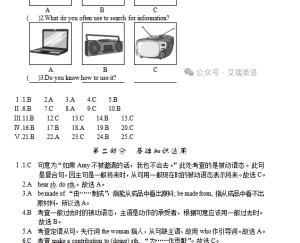
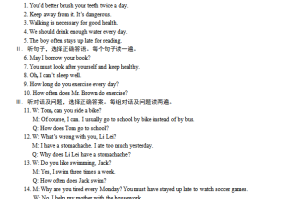


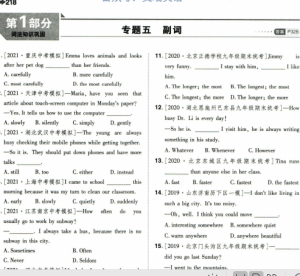
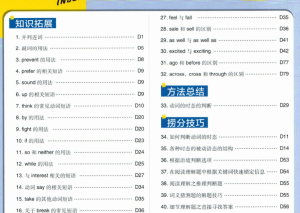
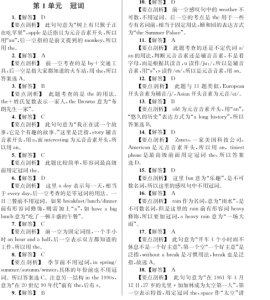
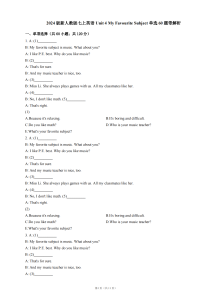


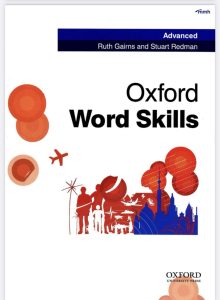
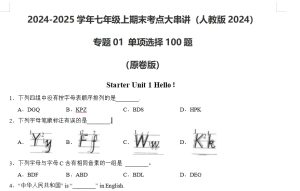
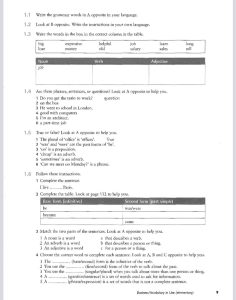


暂无评论内容